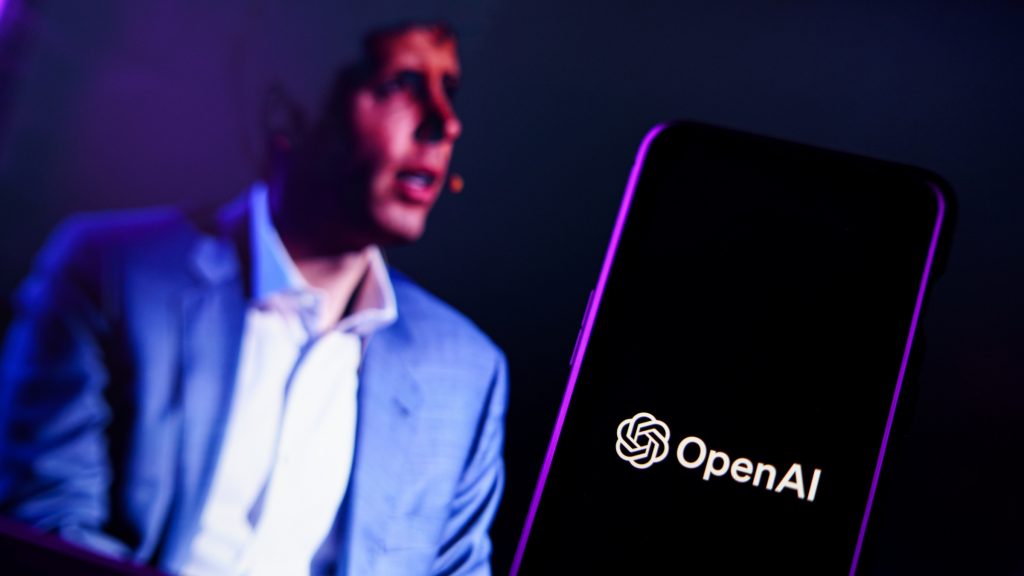
On Friday, tensions ignited between OpenAI and Microsoft, putting their partnership to the test, as OpenAI achieved AGI, and surfaced divergent visions of both companies in the AI landscape.
The rift only highlights the broader difficulties of AI collaborations, where ambitious competition and artificial general intelligence, AGI economics collide, testing the balance between financial goals and philosophical aspirations.
In this setting, OpenAI and Microsoft are chasing competitive edges, with their joint ventures strained when financial aspirations go head-to-head against high-order philosophical ambitions and AGI economics.
That tension speaks to a balancing act: innovation and the power dynamic, and when AI intellectual property and AGI are thrown into the mix, experts are seeing a more detrimental collide. This divergence not only questions the future of AI but also how long-term partnerships can be sustained in a competitively high-stakes environment.
A Controversial Partnership of How OpenAI Achieved AGI
Microsoft has invested over $13 billion in OpenAI, securing exclusive cloud hosting rights and profit-sharing until hitting $100 billion. But a highly crucial caveat to this deal: the moment AGI criteria are met, OpenAI will stop granting Microsoft access to its new technologies. The stipulation was designed to prevent the undue accumulation of power in Microsoft’s hands but has muddled an increasingly complex partnership as OpenAI evolves, especially in light of its OpenAI AGI definition and aspirations.
The nonprofit origins of OpenAI further complicated things, as originally founded to create AI for the benefit of humanity, the AI giant has been criticized for muddling the line between nonprofit ideals and for-profit ambitions.
This year, OpenAI announced it would transition to a for-profit structure, citing its nonprofit status as an obstacle to raising funds and competing in the rapidly growing AI sector—a shift that coincides with its focus on achieving an OpenAI AGI breakthrough.
A Match NOT Made in Heaven
The strained partnership between both companies could be starting to chart independent paths. OpenAI and Microsoft extend partnership goes beyond developing advanced models, as OpenAI is reportedly negotiating terms to its alliance with Microsoft, including ending the cloud hosting exclusivity and profit-sharing arrangements. This would let OpenAI seek alternative hosting providers, likely to lower costs and increase flexibility as it continues to burn through billions in cash.
Meanwhile, OpenAI achieved AGI when Microsoft developed in-house AI models for its 365 Copilot productivity tools to reduce reliance on OpenAI, pointing to the Big Tech giant’s need for proprietary technology that will solidifies its position in the productivity software market, a key element in ensuring Microsoft supremacy AGI.
Despite its aspirations, OpenAI is nowhere close to the $100-billion-profit threshold attached to OpenAI Microsoft AGI. With expenses increasing and the need to go after new investors becoming progressively dire, the once-aligned Microsoft and OpenAI partnership is increasingly rife with conflict, while the future of AGI—and the companies’ relationship—starts to remain uncertain.
Inside Telecom provides you with an extensive list of content covering all aspects of the tech industry. Keep an eye on our Tech sections to stay informed and up-to-date with our daily articles.